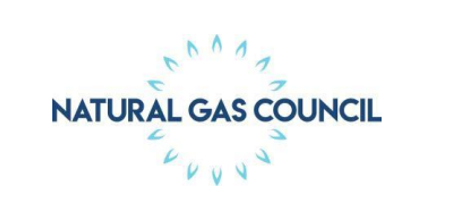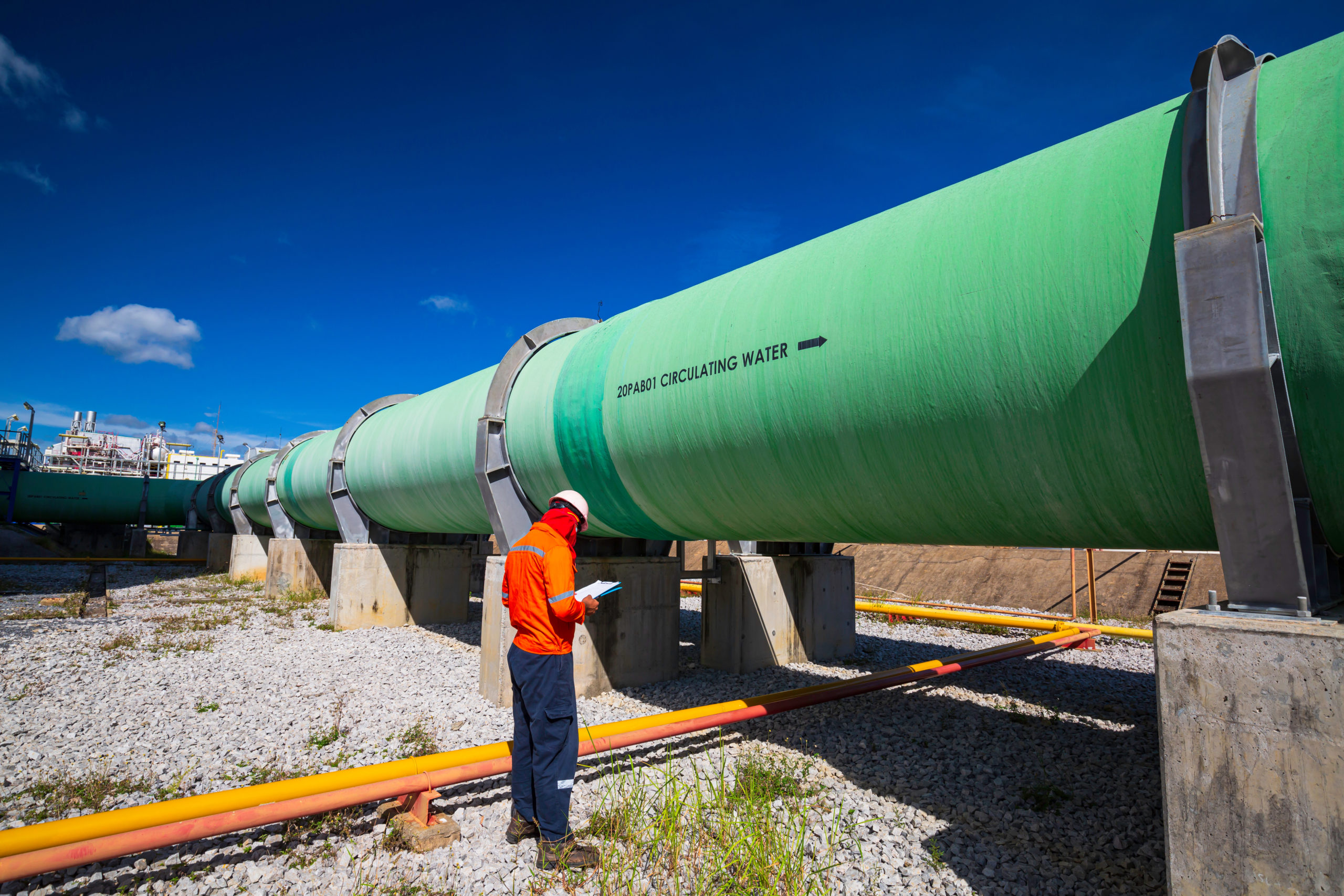The American Gas Association (AGA), American Fuel and Petrochemical Manufactures (AFPM), American Petroleum Institute (API), American Public Gas Association (APGA), Association of Oil Pipe Lines (AOPL), GPA Midstream Association, Interstate Natural Gas Association of America (INGAA), and Natural Gas Supply Association (NGSA) issued the below statement in advance of today’s House Energy & Commerce Committee hearing on H.R.6084, the Energy Product Reliability Act.
“Our organizations share the Committee’s commitment to ensuring the safe and reliable delivery of energy, which is of critical importance to us and American families and businesses that depend on us every day. Our industries have performed resiliently and enabled energy reliability during numerous extreme weather events, as discussed further in our letter to the Committee on December 7th. However, we remain concerned that any proposal designed to create a new, additional pipeline reliability regulator will not effectively promote pipeline reliability, given that it will create duplicative and conflicting authority with existing federal and state agency regulatory programs.
H.R. 6084 conflicts with current reliability programs and regulatory requirements. FERC, PHMSA, TSA and DOE each have existing authorities and programs to promote reliability. DOI, BOEM, BLM and other agencies have authority over energy production. State and local regulators have authority over intrastate natural gas pipelines and local gas distribution systems. Inserting a new regulatory entity into this mix without addressing existing regulatory challenges, including capacity constraints resulting from federal and state permitting obstacles, would not be helpful in accomplishing the Committee’s stated goals. However, we are committed to collaborating with the Committee, regulatory agencies, and other stakeholders to enhance existing programs to better protect our critical infrastructure and ensure the continued safe and reliable transportation of energy across our nation
H.R. 6084 also duplicates existing cybersecurity requirements. The cybersecurity standard-setting authority that this legislation would give to the proposed Energy Product Reliability Organization (EPRO) duplicates existing and forthcoming TSA pipeline cyber and physical security requirements. Last summer, TSA issued two pipeline cybersecurity Security Directives in response to recent incidents and will soon undertake a rulemaking to establish a permanent program. Congress risks disrupting these cybersecurity efforts by granting duplicative authority to EPRO and FERC.”
###
The American Gas Association, founded in 1918, represents more than 200 local energy companies that deliver clean natural gas throughout the United States. There are more than 77 million residential, commercial and industrial natural gas customers in the U.S., of which 95 percent — more than73 million customers — receive their gas from AGA members. Today, natural gas meets more than one-third of the United States' energy needs.
The American Fuel & Petrochemical Manufacturers (AFPM) is the leading trade association representing the makers of the fuels that keep us moving, the petrochemicals that are the essential building blocks for modern life, and the midstream companies that get our feedstocks and products where they need to go. We make the products that make life better, safer and more sustainable — we make progress.
API represents all segments of America’s natural gas and oil industry, which supports more than 11 million U.S. jobs. Our nearly 600 members produce, process, and distribute the majority of the nation’s energy, and participate in API Energy Excellence®, which is accelerating environmental and safety progress by fostering new technologies and transparent reporting. API was formed in 1919 as a standards-setting organization and has developed more than 700 standards to enhance operational and environmental safety, efficiency, and sustainability. API’s mission is to promote safety across the industry globally and to influence public policy in support of a strong, viable U.S. oil and natural gas industry.
APGA is the national, non-profit association of publicly-owned natural gas distribution systems, representing the approximately 1,000 community-owned systems in the United States. Publicly-owned gas systems are not-for-profit retail distribution entities that are owned by, and accountable to, the citizens they serve. They include municipal gas distribution systems, public utility districts, county districts, and other public agencies that have natural gas distribution facilities. Public gas systems provide safe, reliable, and affordable energy to their customers and support their communities by delivering fuel to be used for cooking, clothes drying, and space and water heating, as well as for various commercial and industrial applications.
Association Of Oil Pipe Lines (AOPL) represents liquids pipeline owners and operators transporting crude oil, petroleum products like gasoline, diesel, jet fuel and home heating oil and industrial products like propane and ethane.
GPA Midstream has served the U.S. energy industry since 1921 and has nearly 60 corporate members that directly employ more than 56,000 employees that are engaged in a wide variety of services that move vital energy products such as natural gas, natural gas liquids (“NGLs”), refined products and crude oil from production areas to markets across the United States, commonly referred to as “midstream activities.” The work of our members indirectly creates or impacts an additional 320,000 jobs across the U.S. economy. GPA Midstream members recover close to 90% of the NGLs such as ethane, propane, butane, and natural gasoline produced in the United States from more than 380 natural gas processing facilities. In the 2017–2019 period, GPA Midstream members spent over $50 billion in capital improvements to serve the country’s needs for reliable and affordable energy.
INGAA represents the U.S. natural gas pipeline industry. INGAA’s members deliver clean, abundant, affordable natural gas throughout North America and operate approximately 200,000 miles of pipelines that serve as an indispensable link between natural gas producers and consumers.
The Natural Gas Supply Association (NGSA) represents integrated and independent companies that supply natural gas. NGSA advocates for well-functioning markets that foster a growing, competitive market for natural gas. NGSA is dedicated to achieving a cleaner future through strong partnerships with renewables and supporting innovative technologies and market solutions that reduce emissions.







